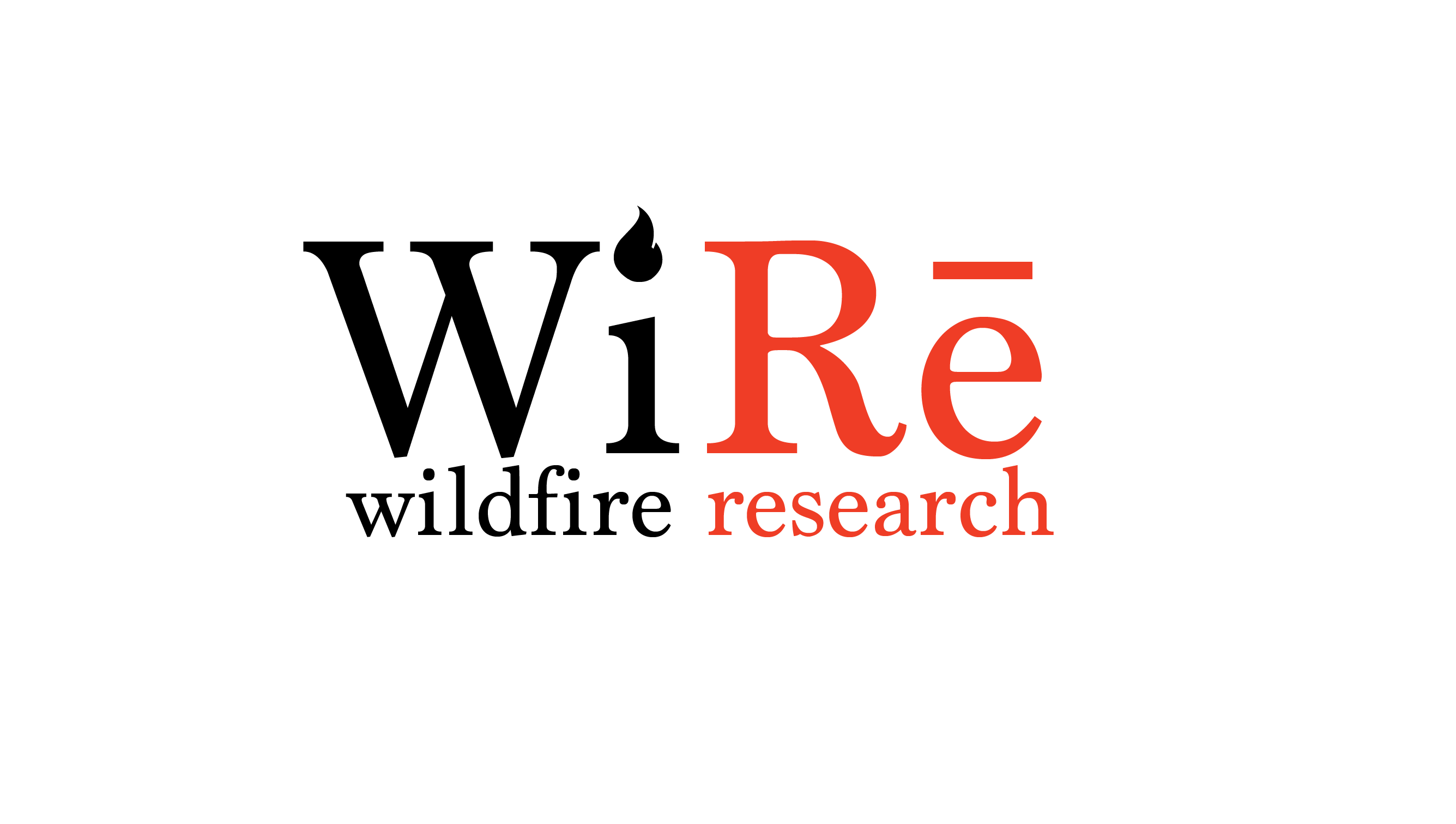Do you ever wonder how much the findings from social science studies change across different communities? WiRē – WildfireResearch’s latest academic paper, Wildland–Urban Interface Residents’ Relationships with Wildfire: Variation Within and Across Communities presents evidence on how our survey results differ both within and across communities.
Social science offers rich descriptions of relationships between wildland–urban interface residents and wildfire, but syntheses across different contexts might gloss over important differences. We investigate the potential extent of such differences using data collected consistently in sixty-eight Colorado communities and hierarchical modeling. We find substantial variation across responses for all considered measures, much of which occurs at the community-level. Our results show that many aspects of relationships with wildfire meaningfully differ both within and across communities. Our analysis suggests that some wildfire social science results will be relatively consistent across communities, whereas others will not, and this study contributes evidence to broader efforts for understanding which is which. As such, it provides important guidance for transferring the lessons of wildfire social science studies across contexts, and for practitioners who seek to understand the breadth of viewpoints within the communities with which they work.
